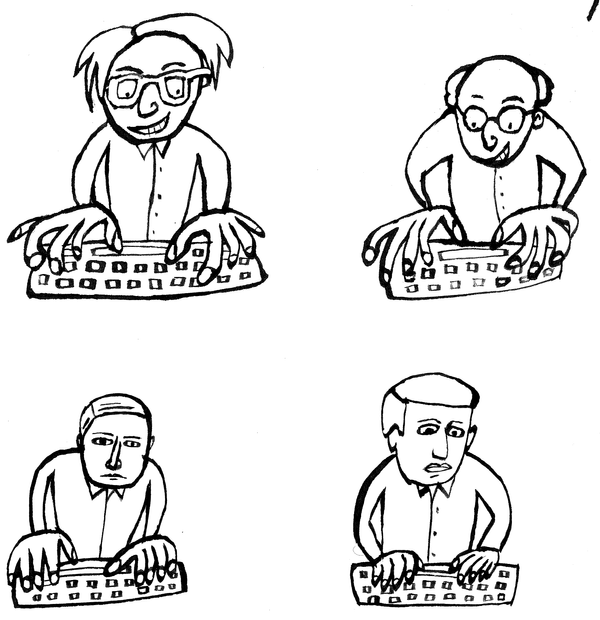The 20th century witnessed important economic transformations that favored professionals who work in fields like law, consulting, media, arts, entertainment, finance, education, administration, science and technology—people who traffic primarily in data, ideas, rhetoric, and images instead of physical goods or services. After 2011, there were massive shifts in how these knowledge-economy professionals talked about and engaged in the social world. This period of rapid change came to be known as the “Great Awokening.”
Over the course of the Great Awokening, the kind of people who make up the knowledge professions aligned themselves much more closely with the Democratic Party. The party, in turn, reoriented its messaging, candidates, platform, and priorities around knowledge-economy professionals. One could see how this might have seemed like a good bet at the time: These professionals are passionate about politics. They vote, donate, and advocate consistently and intensely. They have a lot of clout in society, and they appear poised to grow only more influential for the foreseeable future. With the benefit of hindsight, however, we can see that it was a disastrous political miscalculation for the Democratic Party to go all in on knowledge-economy professionals.
The core problem the party faces in trying to build a political coalition around knowledge-economy professionals is that, compared to most other voters, they—we—are really strange.
